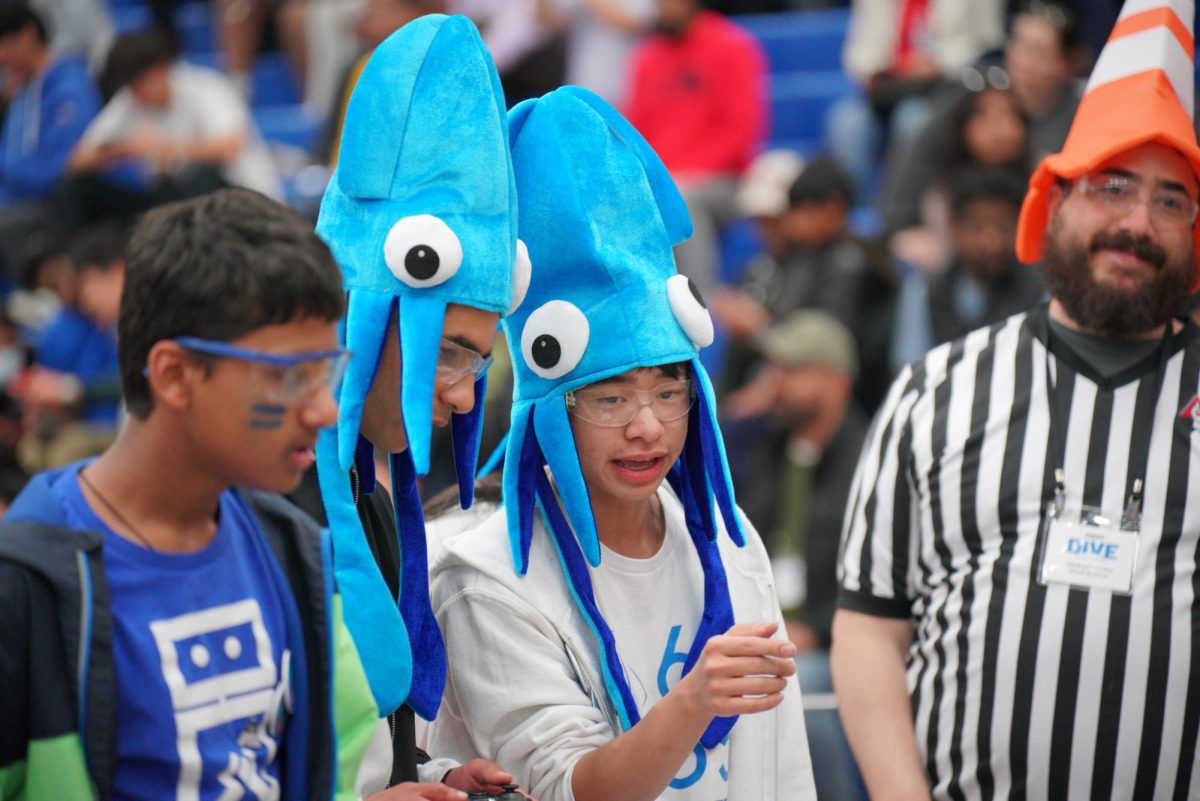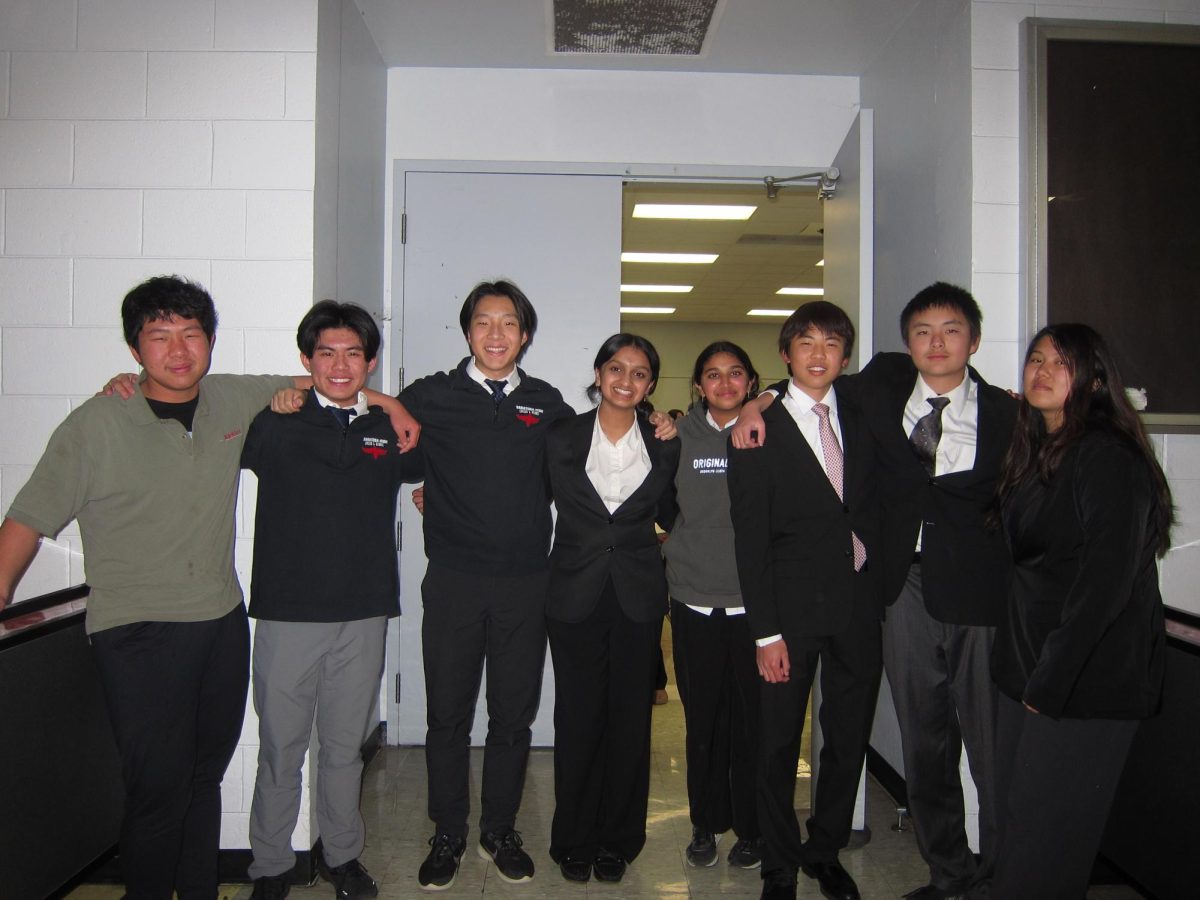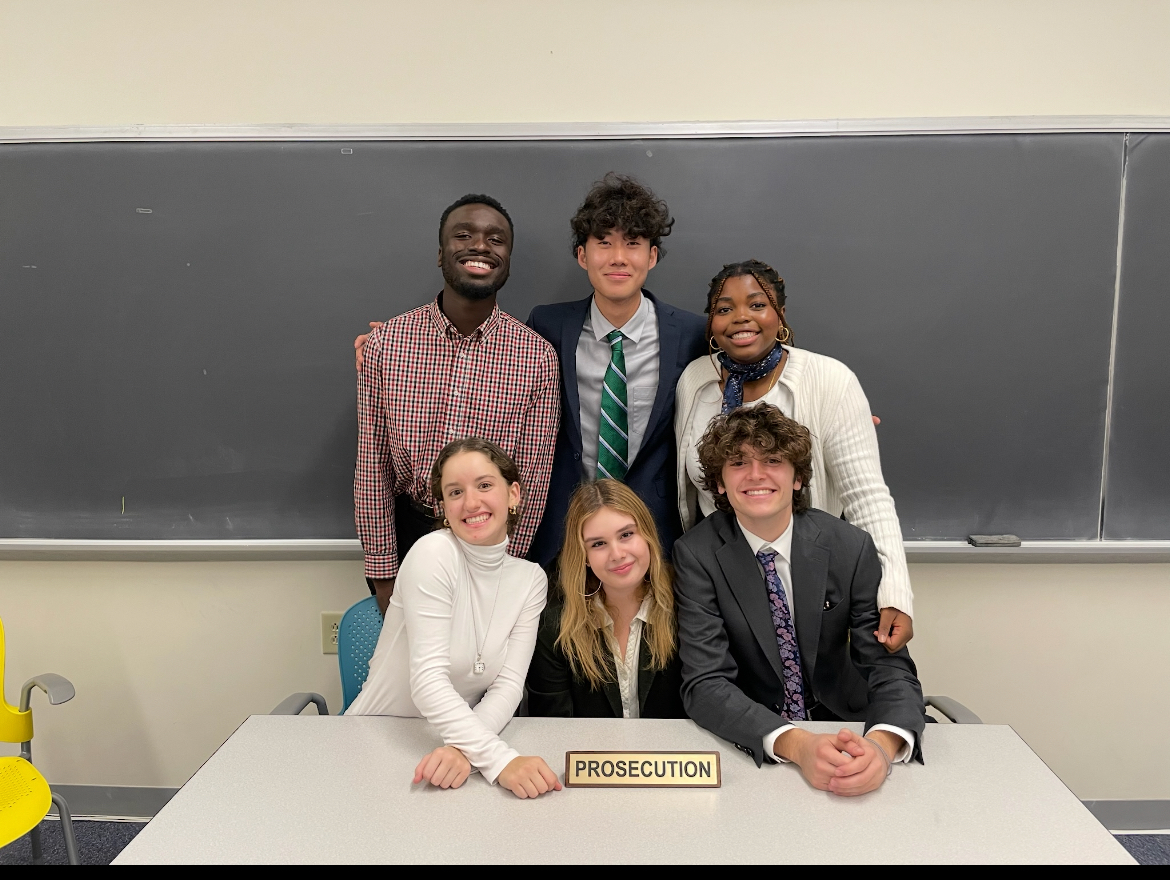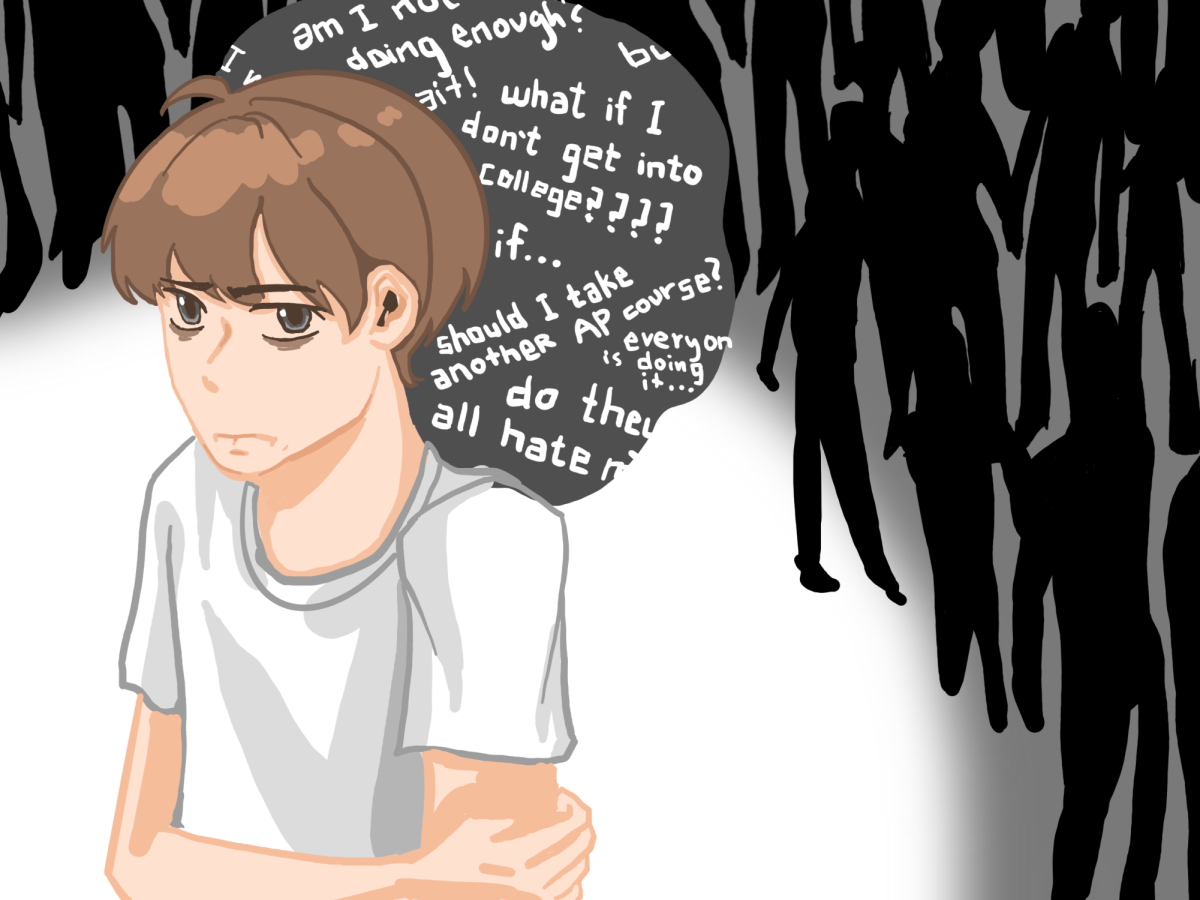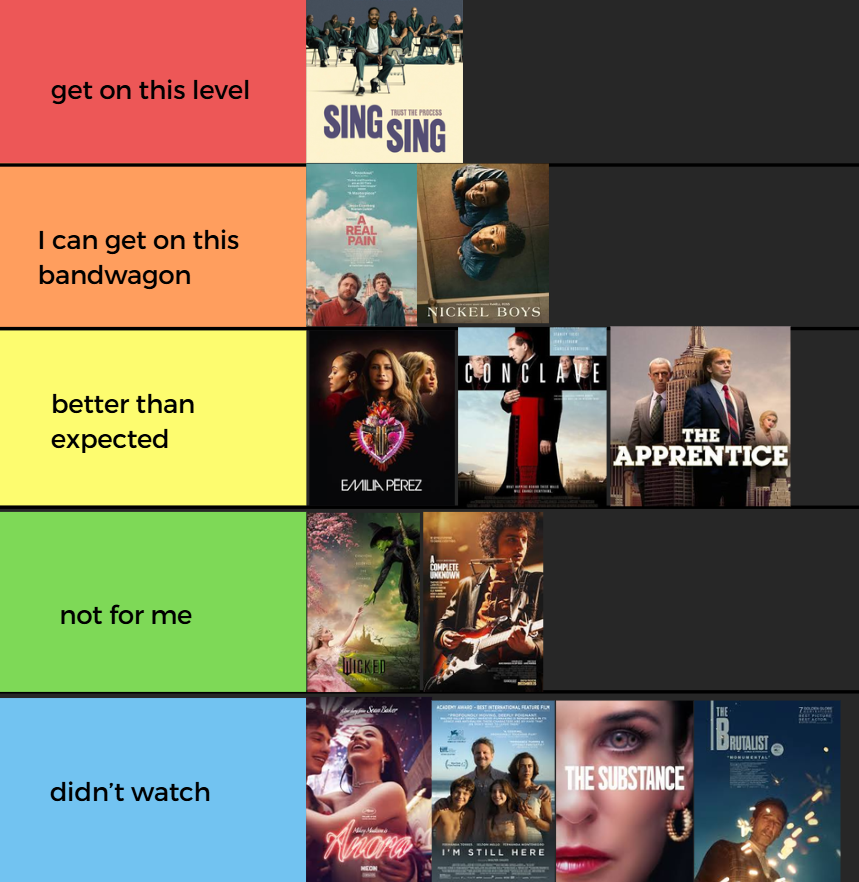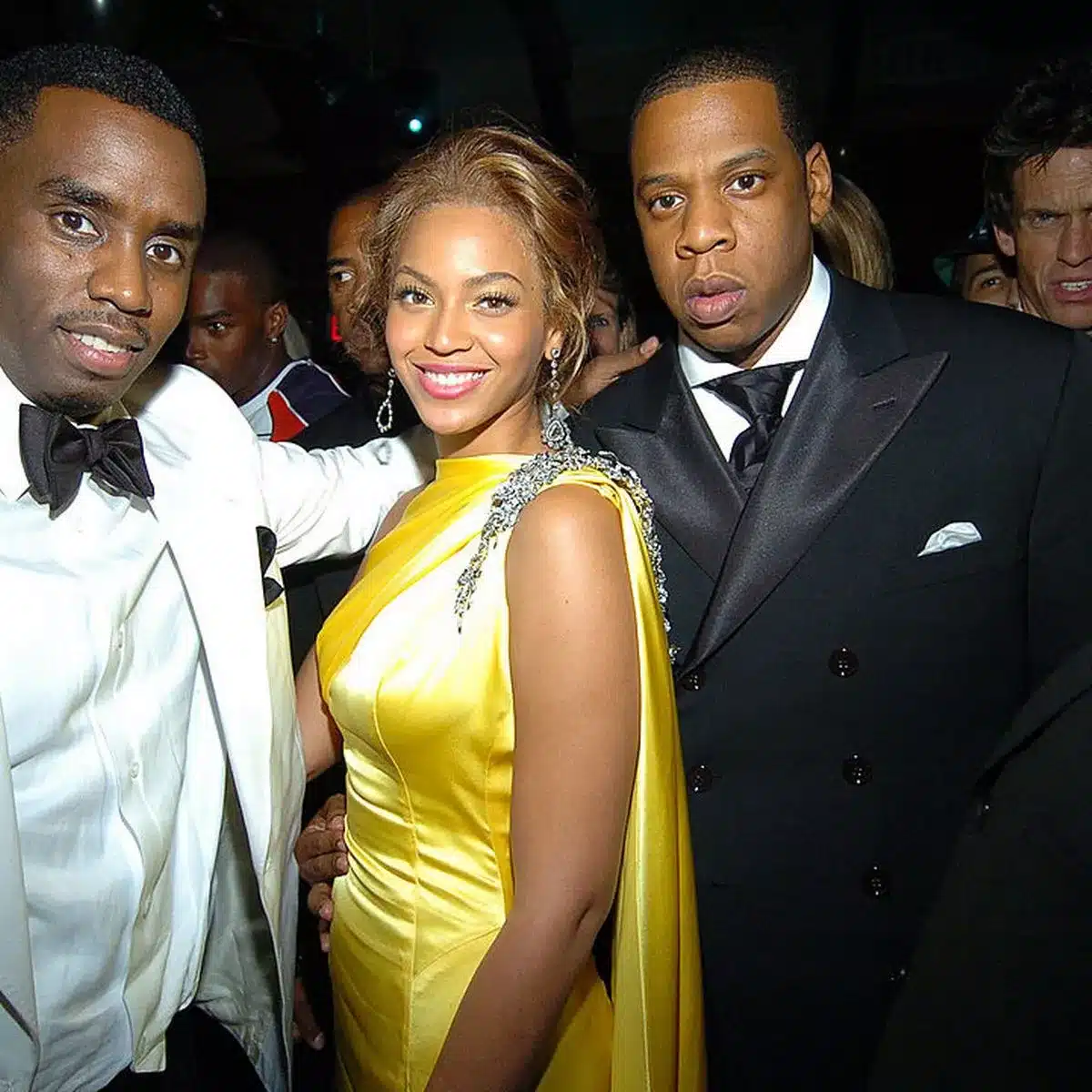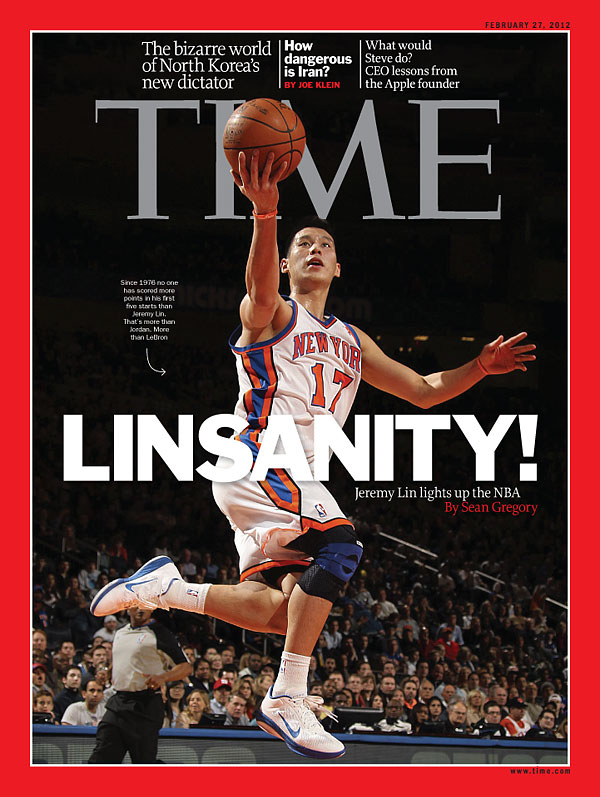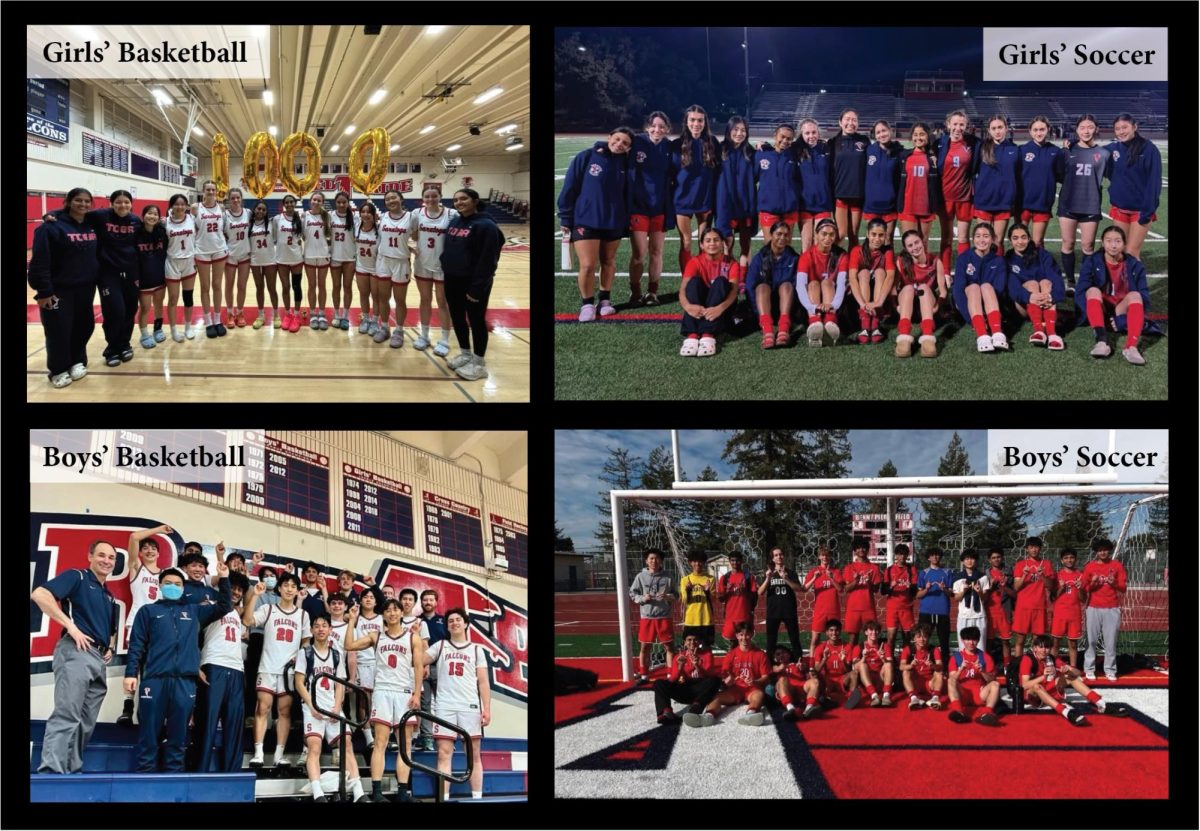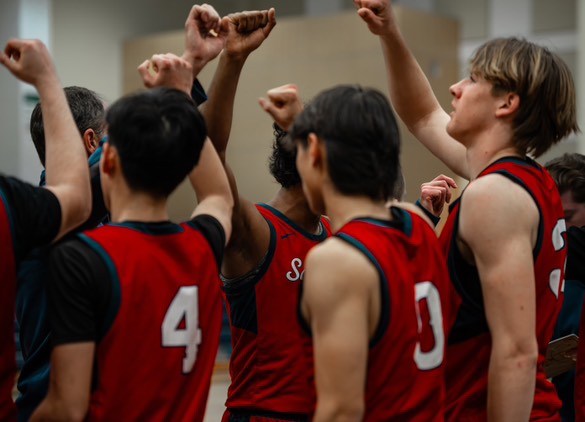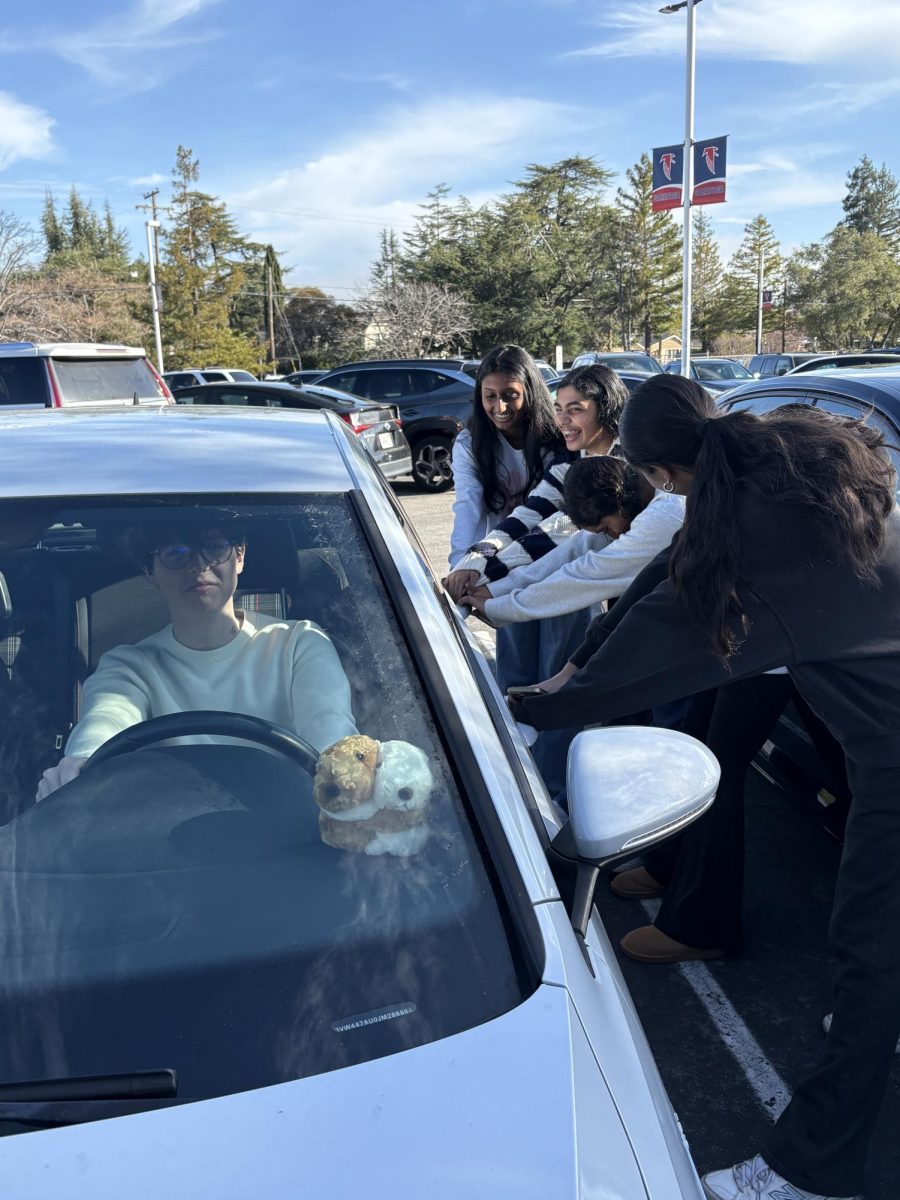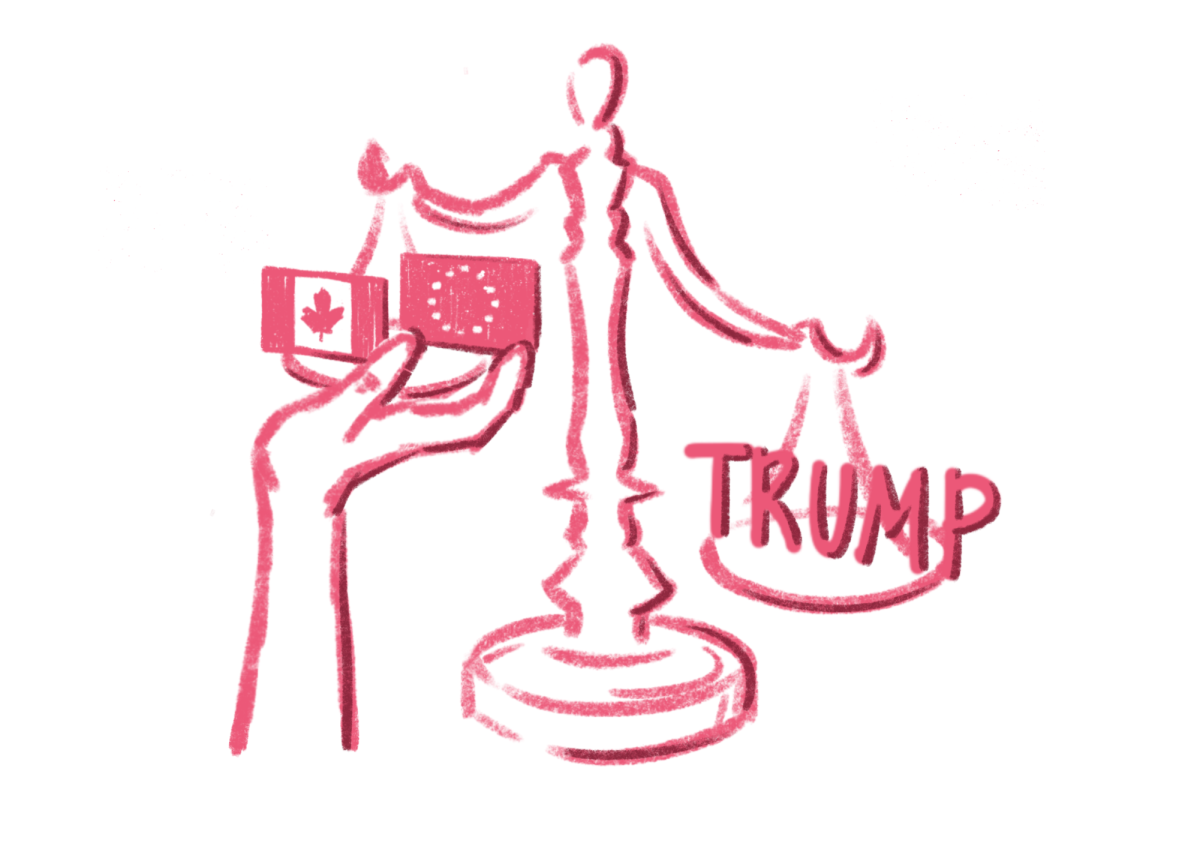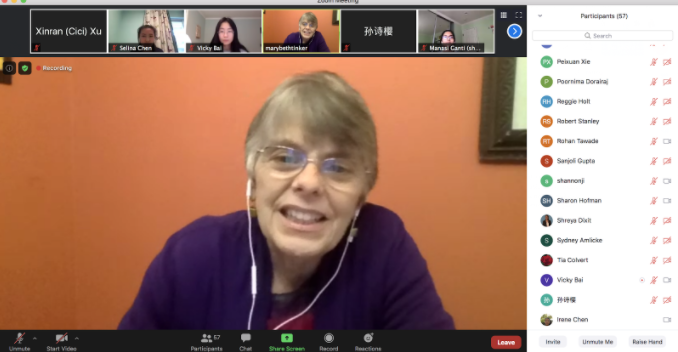Mary Beth Tinker, known for her family’s participation in a lawsuit against her school board in the 1968 Supreme Court case Tinker v. Des Moines Independent School District, told students during a Zoom call on Oct. 6 that they need to advocate for causes they believe in as their voices are powerful enough to make a change.
When she was 13, Tinker’s parents sued her school board on the basis of violating her and her brother’s First Amendment rights after they were suspended for wearing black armbands protesting the Vietnam War. The Tinkers’ side won 7-2 in the final Supreme Court ruling, which famously stated that “neither students nor teachers shed their constitutional rights to freedom of speech or expression at the schoolhouse gate.”
More than 70 students, parents and teachers joined the Zoom event, which was organized by junior Selina Chen, Vicky Bai, Sarah Khokhar, and Gianna Cagliostro for the Silicon Valley Chapter of Next Generation Politics, an non-school sponsored organization that provides a platform for youths to have conversations about politics.
Chen decided to reach out to Tinker through the Tinker Tour website when she came across the Tinker case in a journalism textbook. She was pleasantly surprised to receive a response one day as she awoke from a nap.
“I looked at the email, and it was from Mary Beth Tinker,” Chen said. “I was like, ‘Oh, very funny dream’ and went back to sleep. Then, when I woke up, I was like, ‘Wait, the email is actually here.’ I couldn't believe it.”
After confirming the details with Tinker, Chen started advertising the event. Taking Zoom’s 100 attendee capacity into account, Chen did not want to over-promote the event because she wanted to make it as interactive as possible, where students could unmute and ask Tinker questions. Chen also recorded the meeting and uploaded the video to YouTube so that people who couldn’t join Zoom can still access Tinker’s empowering presentation.
Tinker’s speech resonated with many students because she connected past events to modern social issues, like the Black Lives Matter movement.
“My favorite thing about the event is that Ms. Tinker wasn't like, ‘Here's my glorious experience. I'm famous and I'm here to educate you,’” Chen said. “Instead, she engaged all of us by asking what we are doing with our voices. She inquired about what we cared about.”
Tinker discussed the Black Power movement and mentioned many Supreme Court cases linked to students’ rights, such as Hazelwood School District v. Kuhlmeier, which limited the rights of school-sponsored student journalism in most states.
Tinker said she felt the need to empower youths to stand up for their rights. As a nurse during her career, she devoted herself to learning about the rights of her patients. After retirement, she started to tour the nation, encouraging youths to exercise their rights.
“My dad was a Methodist who taught us lessons of our faith such as love and understanding, and my siblings and I learned about lessons of democracy such as justice and equality in school,” Tinker said. “But we didn’t see society living up to those beliefs. That’s the power of young people. They move society towards its ideals. They point out the hypocrisy, the gap between what we say we’re about and what we really are about in our actions.”
The event correlated to the school’s AP U.S. Government and Politics curriculum, which covers the Tinker case at the start of their student rights unit.
“It’s my favorite unit,” history teacher Mike Davey said. “It’s really an honor to see Ms. Tinker after talking about her in class for all these years.”
A Redwood Middle School parent from a local activism group called the Change Makers asked Tinker for advice on how to empower her child to stand up for themselves.
“I’m glad she asked that because parents sometimes might need to work hard on stepping back a little bit,” Tinker said “I’m very interested in how the parents’ activism work goes.”
Chen said it was important that she organize this event because she believed Tinker could raise awareness about students’ rights in the community.
“During quarantine, everything is kind of different, and we might often feel at loss,” Chen said. “It's really nice to have voices of leaders who can not only tell their stories but can also guide us on what we can do to become leaders ourselves and make our voices heard.”

